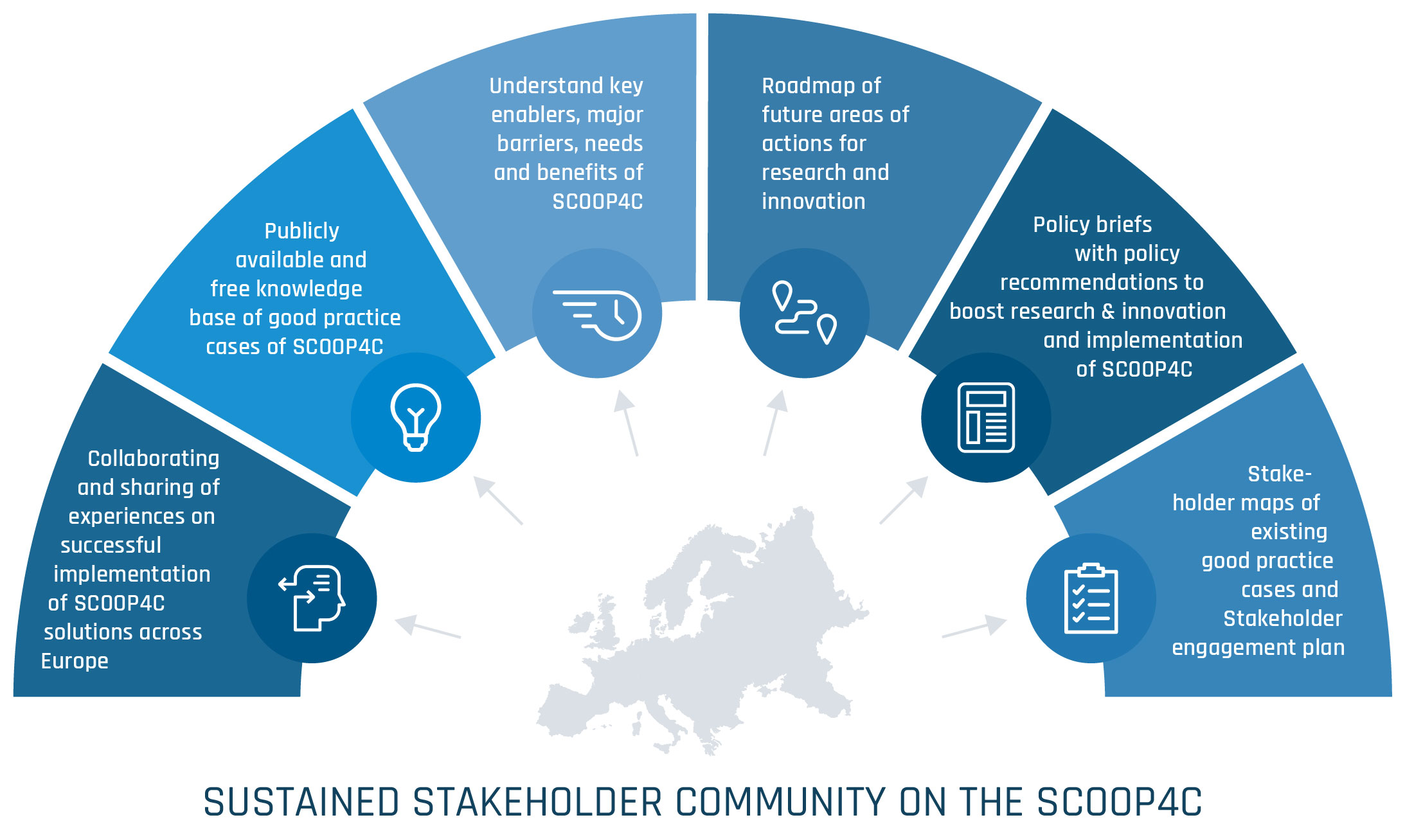The vision of a European single market is still hampered by the grinding daily bureaucratic procedures and paperwork imposed by public administrations. Citizens often have to spend a lot of time dealing with simple administrative tasks, such as changing their personal data after moving or proving their identity multiple times - even if this data is already stored in the public sector.
The once-only principle aims to ensure that citizens and companies only have to provide certain standard information to public administrations once. Public administrations can share and re-use this information in order to reduce the administrative burden of citizens and businesses. The principle therefore focuses on re-organizing public sector internal processes, instead of making citizens and business users adjust to existing procedures. User provide diverse data only once in contact with a public administration, while public administration bodies take actions to internally share and reuse these data – even across borders – always in respect of data protection regulations and other constraints.
What is the once-only principle?
Simply explained
The once-only principle
The SCOOP4C project
The project was launched by the European Commission in November 2016 and it is funded under the H2020 call CO-CREATION-05-2015. Five organizations from four different member states explore how the once-only principle for citizens can be implemented at a European level.
The overall aim of the EU research project SCOOP4C is to investigate, discuss, and disseminate how co-creation and co-production in public service provisioning for citizens can be achieved by implementing the once-only principle. Six objectives to contribute to the wide implementation and diffusion of once-only drive the project:
- Stakeholder community: SCOOP4C focuses on building up and sustaining a stakeholder community that will discuss and share experiences of once-only principle implementations for citizens (OOP4C). The stakeholder community will also bring forward issues of concern as well as key enablers for OOP4C implementations.
- Stakeholder engagement plan: In order to build up a sustainable stakeholder community, the project identifies relevant stakeholders and develops a strategic stakeholder engagement plan to ensure implementations of the once-only principle in various co-creative and co-productive public service provisioning contexts.
- Good practices on once-only: SCOOP4C also identifies, collects and shares existing good practices of once-only implementations for citizens across Europe and has established a body of knowledge about the cases including getting an understanding of currently existing concepts, approaches and solutions.
- Discuss the once-only principle: In order to holistically understand the implementation of once-only and its consequences, the project aims to continuously discuss challenges, needs and benefits of widely diffusing the once-only principle in co-creation and co-production contexts involving citizens and governments as data producers and data consumers.
- Conclusion & policy recommendations: The project and its stakeholder community will draw conclusions from comparing existing best practices with needs and challenges, including policy recommendations towards a necessary paradigm change in the public sector and of the citizens, to build up trust on data shared among governments, while no longer bothering citizens to repeatedly provide the same data in public service provisioning.
- Additionally, The SCOOP4C project will develop a tangible roadmap of future areas of actions to implement, diffuse and sustain concepts and implementations of once-only solutions for citizens.
In brief, it deals with: data reuse, public administration innovation, cross-border public services, interoperability.
Expected Project Results


![Logo of ]init[ Digital Communication](/sites/default/files/2017-06/partner-logo-INIT-web_1.png)


